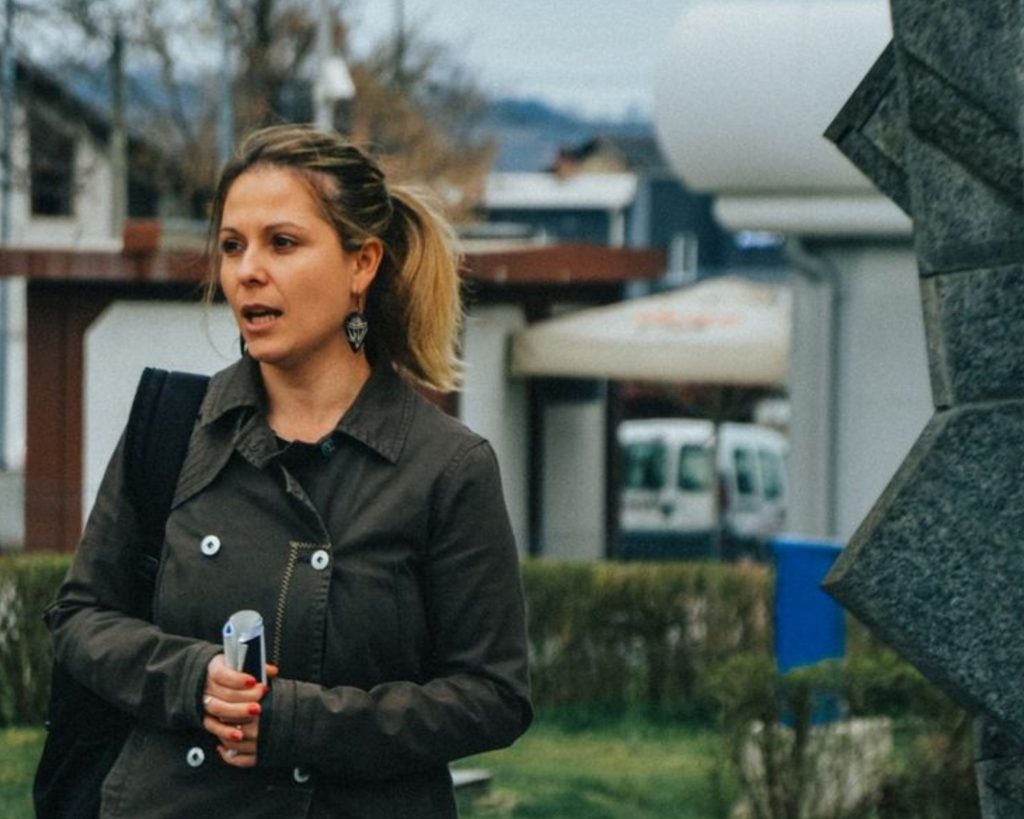Living in Serbia, in the Balkans, which is like a barrel of gunpowder ready to explode at any time, means continuously fighting personal and collective challenges. The universal Balkan story still has some peculiarities. In my 37 years, the country in which I live has changed its name, borders, and population four times. The fifth transformation is still going on and has been since the bombing by NATO and the war in Kosovo in 1998/9, or, as some would say, since always …
In the mostly violent and war-torn history of this area, there are not many generations that have managed to bypass disasters. I will try to be witty and say how we have collectively developed a kind of ‘war reflex’ as a result! Most of us developed it in early childhood, listening to and watching the news, waiting in lines for bread and milk, waiting for electricity and water, hiding in shelters, meeting new children in the neighborhood… For many in Serbia, historical and personal experiences, unfortunately, have developed a kind of affinity for the war, motivated by the desire for revenge, or the need to correct historical injustices, often interpreted from the standpoint of ignorance or misunderstanding. Since, in Serbia, transgenerational transfer of knowledge is poor, due to systemic abuses or historical revisionism. On the level of ordinary people, the struggle for bare survival, which is a very objective reason, means that hoping for some educational role from the system and even from the family, is often in vain. That is why in such a society, individuals who speak boldly, who defend the universal right to peace, become role models, though mostly recognized and celebrated when it is already too late. This is the case with most women who have fought for peace in this area throughout history, especially in the decade we remember as the age of evil, in the 1990s, when this area suffocated and disintegrated in a bloody interethnic war. The heroines of past and present times are not nurtured and remembered in the collective memory. On the contrary, their memory is often erased or overlooked.
‘…no matter how dark this picture is, especially now when the challenges to world peace are additionally strong, with the war in Ukraine (added to other ongoing wars), is raging, it is important for me to be on the side of conscience, responsibility and empathy.’
I feel a kind of not entirely explainable connection with these predecessors who traced the paths of peace in this area, which has drawn me to contribute to the efforts aimed at fighting for peace. The real fear of repeating war experiences, contributed especially to this desire, because history is not a teacher of life in this area. It is a genie from the lamp that is invoked when it is necessary to antagonize the people in this area, when it is important to make a profit, to seize the resources of an already impoverished society. And no matter how dark this picture is, especially now when the challenges to world peace are additionally strong, with the war in Ukraine (added to other ongoing wars), is raging, it is important for me to be on the side of conscience, responsibility and empathy. I believe that participation in women’s peace activism is an act of solidarity and care for all the people who are going through the most terrible moments of life. The opportunity to work in a feminist movement and an organization that advocates for peace, gives me a sense of meaning, and in days of great crisis it brings some relief.
Join us on April 21, 2022 at 13:00 UTC for the 4th episode of the “Let’s Build Peace Here and Now” series featuring Anita Pantelić and Jelena Memet from Alternative Centre for Girls (Kruševac) and Galina Maksimović from Reconstruction Women’s Fund (Belgrade) for a deep dive into Serbian post-conflict society (and as we are hopeful, but not convinced, perhaps also a pre-conflict society). The conversation will encompass a brief overview of local anti-war activism in the late 1990s, building peace on the ground with the youngest of the population, and the economic continuation of war in the post-conflict times.

Anita Pantelić is a Serbian Activist at the Alternative Centre for Girls in Kruševac